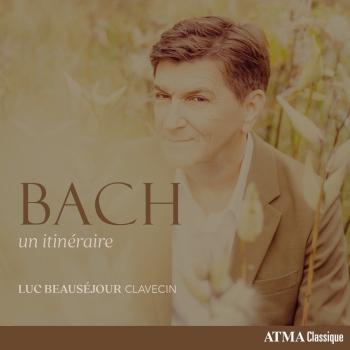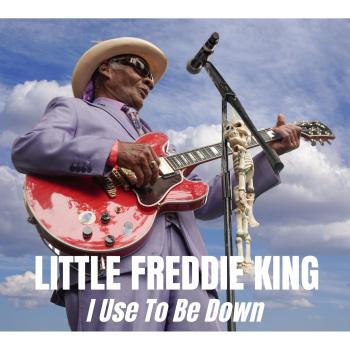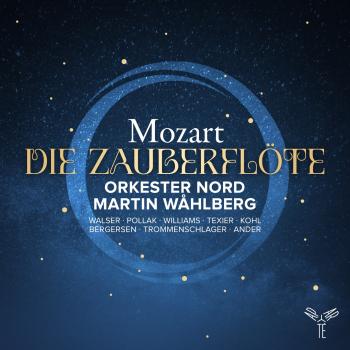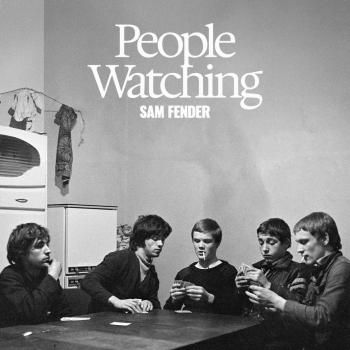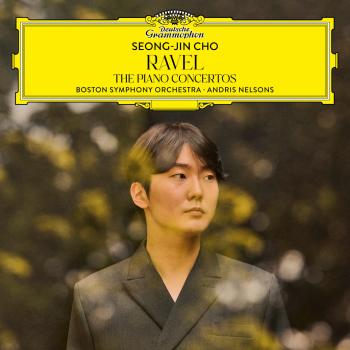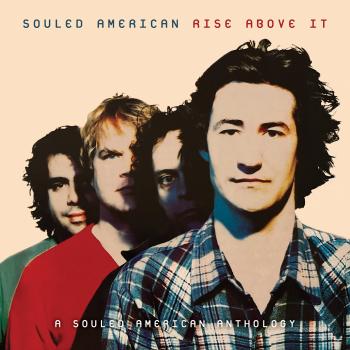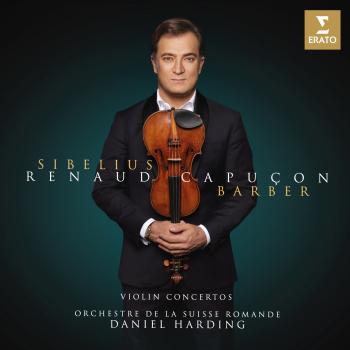
Beethoven Transformed, Volume 1 Boxwood & Brass
Album Info
Album Veröffentlichung:
2019
HRA-Veröffentlichung:
31.07.2020
Label: Resonus Classics
Genre: Classical
Subgenre: Chamber Music
Interpret: Boxwood & Brass
Komponist: Ludwig van Beethoven (1770–1827)
Das Album enthält Albumcover
- Ludwig van Beethoven (1770 - 1827): Septet in E-Flat Major, Op. 20 (arr. for Wind Ensemble by Carl Czerny):
- 1 Septet in E-Flat Major, Op. 20 (arr. for Wind Ensemble by Carl Czerny): I. Adagio - Allegro 10:30
- 2 Septet in E-Flat Major, Op. 20 (arr. for Wind Ensemble by Carl Czerny): II. Adagio cantabile 07:48
- 3 Septet in E-Flat Major, Op. 20 (arr. for Wind Ensemble by Carl Czerny): III. Tempo di menuetto & Trio 03:20
- 4 Septet in E-Flat Major, Op. 20 (arr. for Wind Ensemble by Carl Czerny): IV. Andante con variazioni 08:22
- 5 Septet in E-Flat Major, Op. 20 (arr. for Wind Ensemble by Carl Czerny): V. Scherzo & Trio 03:09
- 6 Septet in E-Flat Major, Op. 20 (arr. for Wind Ensemble by Carl Czerny): VI. Andante alla marcia - Allegro 08:00
- Sextet in E-Flat Major, Op. 71:
- 7 Sextet in E-Flat Major, Op. 71: I. Adagio - Allegro 09:10
- 8 Sextet in E-Flat Major, Op. 71: II. Adagio 04:39
- 9 Sextet in E-Flat Major, Op. 71: III. Menuetto & Trio 02:27
- 10 Sextet in E-Flat Major, Op. 71: IV. Rondo 04:30
Info zu Beethoven Transformed, Volume 1
Beethoven Transformed presents Beethoven’s music reimagined by his contemporaries for 6- and 9-part Harmonie. Boxwood & Brass reveal how what today are venerated ‘masterpieces’ were once treated with much greater liberty. These fascinating arrangements shed new light on familiar music and display the artistry of the leading wind players of Beethoven’s time.
Beethoven Transformed vol. 1 sees the blurring of boundaries between the previously separate genres of chamber music and Harmoniemusik. In his beautiful Sextet Op. 71 for clarinets, horns and bassoons the young Beethoven experiments with bringing chamber music dialogue into the Harmonie. Beethoven’s most popular chamber work, the Septet for wind and strings Op. 20, is heard here for the first time in an 1805 arrangement by his student and trusted friend Carl Czerny. Czerny’s arrangement, based on Beethoven’s working manuscript of the Septet, includes some of the composer’s early ideas that were omitted from the final version (read more). Czerny transforms the Septet into a virtuoso tour-de-force for winds, showing exceptional understanding of the possibilities of early 19th-century instruments.
“Boxwood & Brass prove dazzlingly persuasive advocates of the form... vibrant musicality, a wonderful warmth of sound and total technical precision... these thoughtful and assured performances bring to life every subtlety and colour in these works." (BBC Music Magazine)
“Creamy clarinets combine attractively with punchy horns and burbling bassoons to give this music a special Viennese verve.” (The Observer)
Emily Worthington, clarinet
Fiona Mitchell, clarinet
Robert Percival, bassoon
Takako Kunugi, bassoon
Anneke Scott, natural horn
Kate Goldsmith, natural horn
Boxwood & Brass
Founded in 2013, Boxwood & Brass brings together leading period-instrument specialists in an ensemble dedicated to the performance of harmoniemusik, the wind ensemble music of the late-eighteenth and early-nineteenth centuries. The group’s repertoire ranges from the military band music of England, through the virtuosic chamber music of the Parisian salon, to the vast libraries of music created for the harmonie ensembles of the central- European nobility, as well as new arrangements by bassoonist Robert Percival.
The musicians of Boxwood & Brass combine instrumental and scholarly virtuosity and are committed to placing music unheard since the eighteenth century in an illuminating historical and cultural context that furthers understanding of the historical activity of harmoniemusik.
Emily Worthington
specialises in playing period clarinets from the eighteenth to early-twentieth century. She has performed with orchestras across the UK and Europe, including The Gabrieli Players, Spira Mirabilis, Le Cercle de l’Harmonie, the Orchestra of the Age of Enlightenment, Academy of Ancient Music, and Le Concert Spirituel. Emily’s musicological research, which concentrates on late-eighteenth to early-twentieth-century performance practice, was supported by an AHRC Doctoral Award and an Edison Research Fellowship. Emily is Lecturer in Music Performance at the University of Huddersfield and a member of the HuCPeR, the Huddersfield Centre for Performance Research.
Fiona Mitchell
completed her Masters in 2010 at the Royal Academy of Music having already completed her undergraduate studies at the Royal College of Music. She now pursues a busy professional career, performing in orchestras, playing in chamber groups and teaching. A member of Sir John Eliot Gardiner’s orchestras the English Baroque Soloists and Orchestre Révolutionnaire et Romantique since 2009, Fiona has performed in world- famous venues including Carnegie Hall, Amsterdam Concertgebouw and at the BBC Proms in the Royal Albert Hall. Fiona also performs with other period orchestras in the UK and abroad including the Orchestra of the Age of Enlightenment, Academy of Ancient Music and Pygmalion Orchestre, and as a modern clarinetist plays regularly with Birmingham Royal Ballet, London Concert Orchestra and BBC Concert Orchestra. As a chamber musician she has played at festivals such as Harrogate, Cheltenham, Cambridge Arts and further afield at such venues as Saintes, France and the Utrecht Festival
in Holland.
Anneke Scott
is principal horn of many ensembles including Sir John Eliot Gardiner’s Orchestre Révolutionnaire et Romantique and The English Baroque Soloists, The Orchestra of the Sixteen, Europa Galante, The Avison Ensemble, Irish Baroque Orchestra, Dunedin Consort and The Kings Consort. Anneke enjoys a highly active solo and chamber music career and has appeared internationally as a soloist in repertoire
from Bach through to Britten. Her solo discography includes Voices from the Past featuring instruments from Oxford’s Bate Collection, Sonatas for Horn and Fortepiano with fortepianist Kathryn Cok and a trilogy of albums featuring the work of the virtuoso horn player Gallay. With ensembleF2 she
has recorded both the solo horn sonatas and chamber music of Danzi and with Ironwood has explored repertoire surrounding Mozart’s Horn Quintet.
Kate Goldsmith
Former Principal Horn of the Cyprus Chamber Orchestra, Kate Goldsmith has played period horns with The Kings Consort, Il Complesso Barocco and Haydn Sinfonietta Wien. As a chamber musician, she has performed with Spira Mirabilis and been a Chamber Fellow of the Royal Academy of Music. She occasionally plays with the Royal Philharmonic and BBC Concert Orchestras, the London Mozart Players and English Touring Opera. Other notable performances include the première of Stockhausen's Opera ‘Sonntag aus Licht’ with musikFabrik in Cologne, performance art in Trafalgar Square and a live televised
gig with rap/hip-hop artist Kanye West.
Robert Percival
Following studies on modern instruments at the Birmingham Conservatoire and at the Royal Northern College of Music, Robert Percival began playing historic bassoons and contrabassoons in 2001, and now performs repertoire ranging from Bach to Brahms and Mahler with many leading early instrument groups, including the Orchestra of the Age of Enlightenment in London and the Orchestre des Champs-Élysées in France. Away from playing Robert is busy as a freelance music copyist and editor of eighteenth and nineteenth century wind music, which also forms the basis of his on-going doctoral research.
Dieses Album enthält kein Booklet

